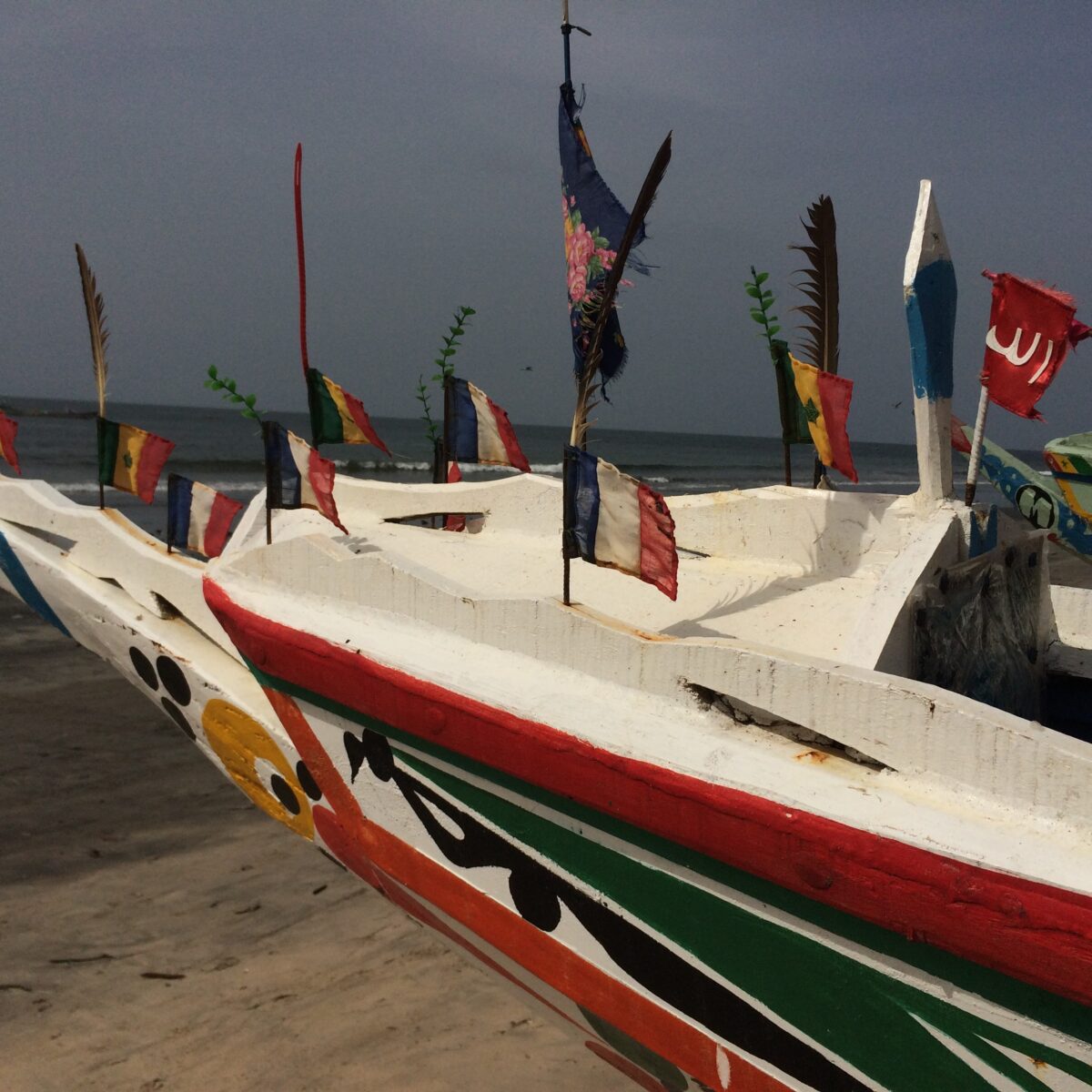
Making development data easier to gather, use, and understand
Since 2000, Development Gateway: An IREX Venture (DG) has built tools, systems, and dashboards that make development data easier to gather, use, and understand. We enhance transparency and efficiency in agriculture, health, extractives, information management, and cross-cutting global policy fields. Our partnerships with governments, institutions, and communities help ensure they have the information needed to make or shape decisions. We identify barriers to and solutions for increased data use, and apply in-the-weeds knowledge to incorporate rigorous learnings and inform the global community.
Meet Our Team
Our Board of Directors
Founding Member of the Open Gov Hub Community
As a founding member of the Open Gov Hub, a nonprofit coworking and event space in Washington, DC, Development Gateway helps foster a vibrant global network committed to transparency, accountability, and civic participation. This partnership connects us with over 80 mission-driven nonprofits, social enterprises, and change makers in over 50 countries, including over 300 individuals, enabling us to share knowledge, co-create solutions, and scale impact.
20 Years of DG
Nearly 20 years ago, DG began as an idea within the World Bank: How can we leverage the power of the internet to understand who is doing what, where, and to what effect?
Collaborate With Us
Our lasting impact is driven by partnerships with governments, organizations, and institutions.